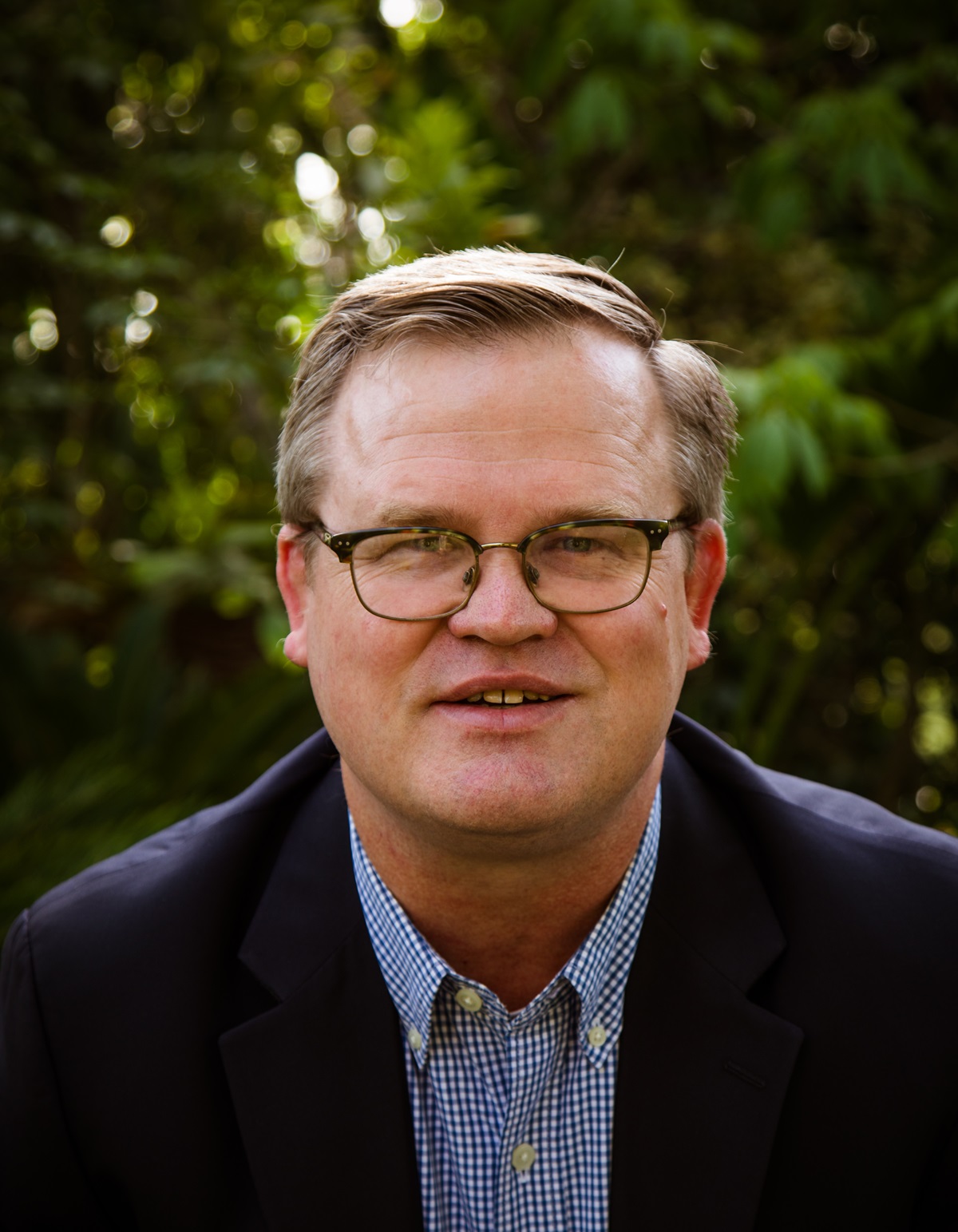
Mark Deets
- Position: Assistant Professor and Director of Prince AlWaleed Bin Talal Bin AbdulAziz AlSaud Center for American Studies
- Department: Sultan Al-Qasimi Department of History
- Email: mark.deets@aucegypt.edu
Mark W. Deets is an assistant professor of African and world history and director of the Alwaleed Center for American Studies and Research at The American University in Cairo. His research and teaching focus on 19th and 20th-century West African history, especially in the Senegambian region.
His first book, A Country of Defiance: Mapping the Casamance in Senegal, was published in 2023 in the New African Histories Series of Ohio University Press. In 2025, the book was awarded the Outstanding First Book Prize by the Association for the Study of the Worldwide African Diaspora (ASWAD). Deets has also published in History in Africa: A Journal of Debates, Methods, and Source Analysis, The Journal of African History, Cadernos de Estudos Africanos(Portugal) and the blog Africa Is a Country, among others.
Deets’s current research project is tentatively titled A Social Diplomatic History of the Senegambia Confederation, 1982–1989. While his first book examined the legacy of colonial partition in West Africa through a case of modern separatism, his second book continues this examination of the colonial legacy through the opposite case: an attempt at union and federation that ultimately failed. In 1982, Senegalese officials sought to form a union with The Gambia called the Senegambia Confederation at the same time that Casamançais separatists were trying to secede from Senegal. The Senegambia Confederation came into existence in 1982, lasting until 1989, and providing a case study for anyone who has ever wondered why African leaders did not dissolve the “artificial” colonial borders at independence and start over with “African” borders. For seven years, Senegal and The Gambia tried, and it did not work. Why? Deets seeks to answer this question with a social-historical approach to the political and diplomatic history of the colonial origins, short lifespan and effects of the Senegambia Confederation. He calls this a “social” diplomatic history because he is interested in the ways that the choices of diplomats and politicians affected the lives of ordinary people and, more importantly, the ways in which the choices of ordinary people affected the options available to diplomats and politicians.
- African nationalism and decolonization
- West African social and diplomatic history
- War and conflict in West Africa
- 2017, PhD in history, Cornell University
- 2013, MA in history, Cornell University
- 2004, MA in national security affairs (African studies), U.S. Naval Postgraduate School
- 1990, BS in history, U.S. Naval Academy
- HIST 2096 Selected Topics in the Core Curriculum in Global Studies: Sports in Africa
- HIST 2300 Becoming African
- HIST 2301 The Struggle for Africa
- HIST 4113 Ideas Dictators Hate: African Intellectual History
- HIST 4188 Selected Topics in World History: Science, Race, and Colonialism in Africa
- HIST 4303 Global Capitalism and Africa: An Economic History